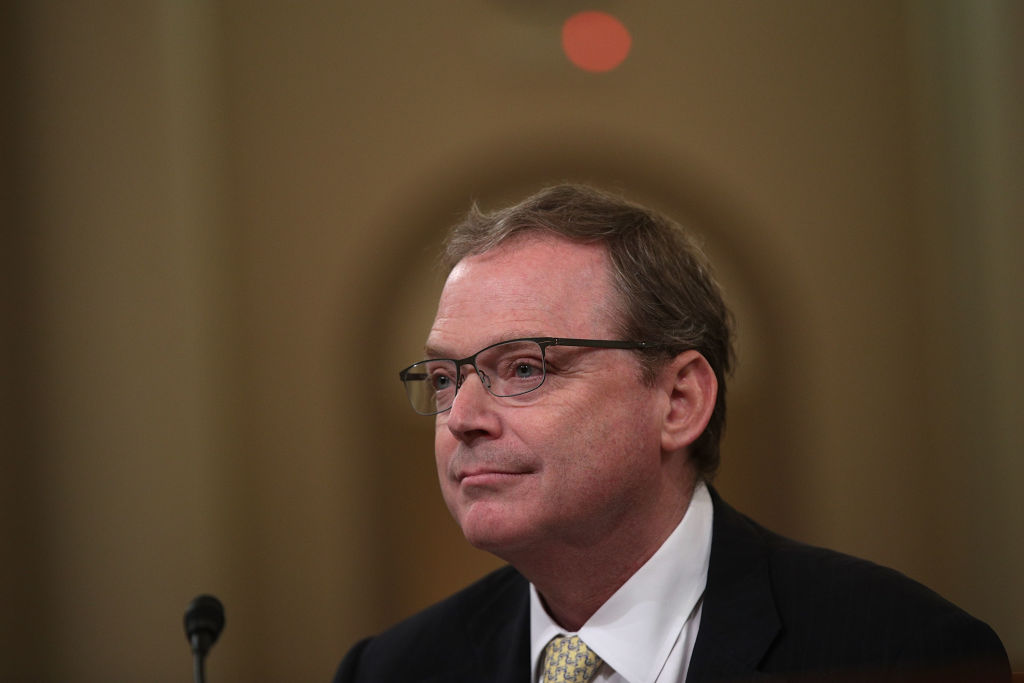Bond prices slide amid bubble warnings
The selloff in Treasury bonds is steepening, pushing the 30-year yield above the three percent threshold. That's a line in the sand many bond market observers -- including DoubleLine's Jeff Gundlach -- have warned as the level at which higher interest rates will act as a major headwind for the stock market.
This comes after former Federal Reserve chairman Alan Greenspan warned investors on Wednesday that both the bond and stock markets were in bubbles. But the bond bubble could have a bigger impact as higher interest rates impact the "whole structure of the economy," he noted in an interview with Bloomberg.
The problem, according to Greenspan, is the ballooning deficit: The Committee for a Responsible Federal Budget estimates that legislation passed last year -- including the GOP's tax cut plan -- will add $1.7 trillion to the national debt over 10 years after accounting for economic impacts.
But that's not all that's hurting bond prices right now, pushing up rates. Federal labor data out Friday show that wage growth accelerated in January to 2.9 percent, the fastest pace since 2009. A fatter paycheck is good news for workers and can boost consumer spending, but it also sends a signal to investors -- and the Federal Reserve -- that inflation is picking up.
The rise in the 10-year yield to 2.84 percent marks the highest level since early 2014, as energy prices were peaking. Everything from auto loans to mortgages and credit card payments are now suddenly more expensive as a long pattern of ever lower borrowing costs is broken.
It's hard to overstate just how important this is as the Janet Yellen era at the Fed ends and Jerome Powell takes her place. This comes as inflation expectations have surged, a sign investors think the Fed is losing control by tightening policy too slowly amid strong economic growth, soaring financial asset prices and an extremely tight labor market.
Goldman Sachs noted this week that the easiness of financial conditions (measured broadly to include things like stock prices) have hit new records despite the fact the Fed has been on a tightening campaign since 2015.
A similar but less powerful disconnect between higher interest rates and financial conditions were seen during the inflationary stage of the housing bubble -- with painful consequences when the situation normalized.
In short, Powell may have no choice but to quicken the pace of rate hikes.
Otherwise, inflation expectations will continue to rise before actual inflation materializes. The problem is that economic growth may be hitting the gas and the unemployment rate is near historic lows.
Meanwhile, the recently enacted tax cuts are adding fuel to the fire in the form of fiscal stimulus, boosting growth forecasts for the first quarter.
This could hurt stocks and the economy by raising the cost of credit. Major bond losses are also on the horizon, according to warnings by the U.S. Treasury's Office of Financial Research.
For bond investors, now is the time to reduce duration risk and sell. The warnings lights are flashing red.




